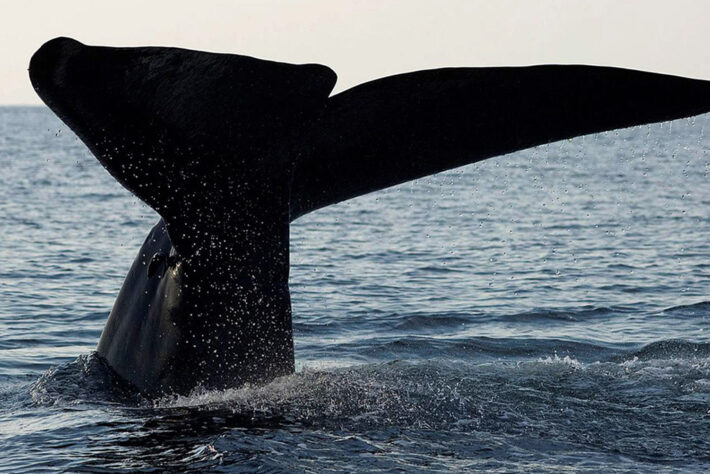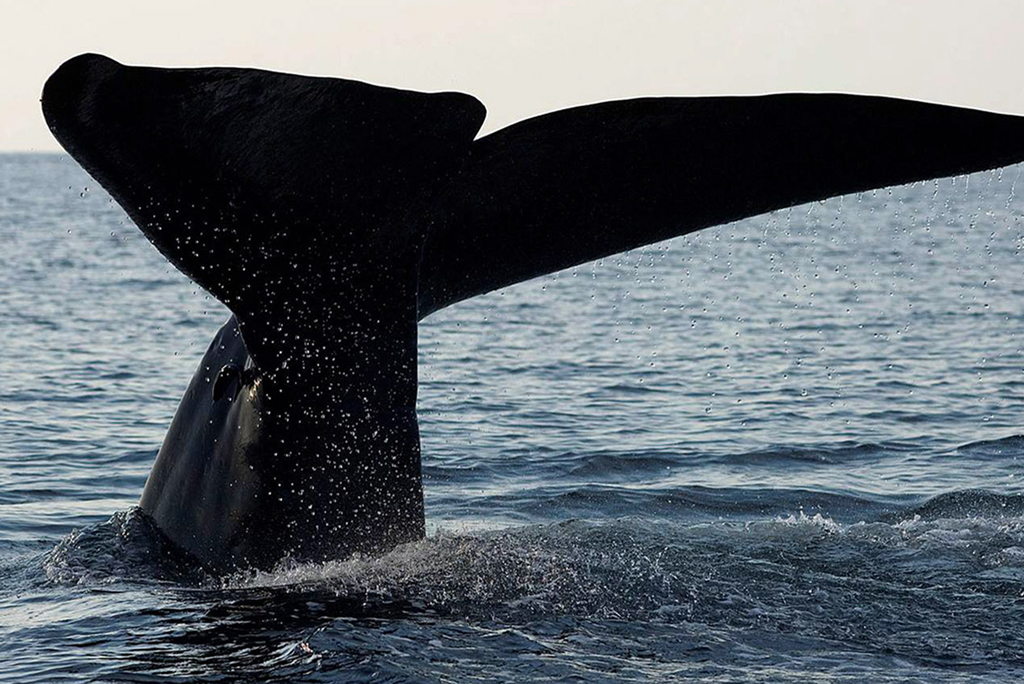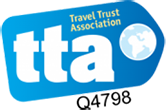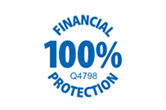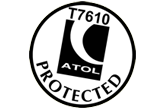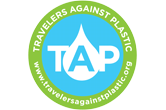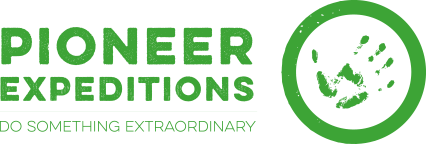WHAT TO EXPECT DAY-TO-DAY EXPERIENCES
Water and Electricity
Do not drink the tap water, not even for brushing your teeth! Most hotels sell imported bottled water as well as local mineral water. Thambili (coconut water) is a safe and refreshing option. Local beer and spirits are widely available but please note that alcohol is not sold on Poya (full-moon day each month).
The voltage in Sri Lanka is 230 – 240 volts, 50 cycles AC. If you travel with a laptop computer a stabilizer is recommended. There are two associated plug types, types D and G, so two adapters may be required. Plug type D is the plug which has three round pins in a triangular pattern. Plug type G has three rectangular pins in a triangular pattern.
Tipping
All tips are voluntary and are at your discretion. Please do not feel obliged to tip for service levels that you are not satisfied with. Although tipping is common in Sri Lanka there are no fixed rules on the amounts. We have provided some suggested amounts to give you a guide of possible amounts:
Hotel porter $2-$3 per delivery / pick up.
Airport porter $5 per assignment
Restaurants can include a “service tax” on the bill but this is not a service charge. Service charges are included in some restaurants but not all. Generally 10-12% would be appreciated.
It is a nice gesture to tip your guides and drivers but they are paid for their services, and please use your discretion.
- For the driver/guide in a private car 10 – 15USD per day
- For a guide 8 – 15USD per day.
Anyone offering a personal service, such as masseur or a hairdresser, would hope for 10-20%
Tipping taxis or auto rickshaws is not necessary. Please do not feel under any compulsion to tip, or to tip more should you incur an expression of dismay.
None of the team members serving you should be asking for tips, or making an emotional story to garner one. Please report any such behaviour to us.
Camera Fees and Photography
Permits are required before you can take photos at certain sites. You can purchase them at the sites and costs vary from $5 – $25. There are some restrictions that apply to the photography of Buddhist imagery and when you visit a temple or other religious site, remember that photography should not be carried out in a manner causing disrespect. For instance, it is strictly forbidden to be photographed in front of, or beside, any statues and murals. Please note that flash photography can damage old murals and therefore may not be permitted.
Sri Lanka is a tremendously photogenic island, and Sri Lankans love to be captured on film. You’ll find that villagers, farmers, fishermen and tea pluckers will readily stand for photos. Your subjects will often ask to have a copy of picture sent to them. This may be laborious, but it is a reasonable courtesy as many may never have seen a picture of themselves. Some individuals may also expect a token recompense for allowing themselves to be photographed.
Customer Relations
On leaving the country you are allowed to export up to 10kg of tea duty free. No antiques (anything more than 50-years-old), rare books, palm-leaf manuscripts and anthropological material can be exported without permission from the National Archives in Colombo. Purchase and export without licence of any wild animal, bird or reptile, dead or alive, of parts of animals, birds or reptiles, such as skins, horns, scales and feathers is prohibited. The export of coral, shells or other protected marine products is also strictly prohibited.
Itinerary
While our intention is to adhere to the day to day route, a degree of flexibility is built into the itinerary and night stops may vary from those suggested. The day to day schedule should be taken only as a general guide. We cannot accept responsibility for changing the proposed itinerary or any inaccuracies or errors. A variety of factors, including adverse weather conditions and difficulties with transportation, can lead to enforced changes. The expedition leader will make any changes where necessary.
Activities and Time at Leisure
Please note that all activities that are not included in your itinerary (and cost) are at your own leisure and risk. At the end of many trips clients have ‘time at leisure’ to enjoy a beach hotel/resort. Many of these hotels will offer activities – boat trips, diving, snorkeling etc. All the activities you choose are at your own risk and have not been assessed by Pioneer Expeditions. Please feel free to talk to us in the office if you have any concerns, or would like additional information.
Personal Safety
Regarding the hotel rooms, you should contact your guide if you have any concerns about electrical points in the room. All travellers need to be familiar with evacuation routes of the hotel.
For personal safety in general, your guide will help inform you about what is safe. When you are not with guide (e.g. on the beach), Pioneer Expeditions recommand not to go out at night and to ask the hotel for specific safety considerations. For all our river or sea trips, clients have to be able to swim. Swimming, snorkelling and diving are at their own risks.
Remote Areas & Delays
As some trips are carried out in remote locations, delays to get medical assistance are to be expected and can go up to more than 24 hours.
Visas
“Visit Visas” are available on arrival providing you have an ETA – see “Essential Information” section for full details.
Passport
It is advisable to keep your passport on you. Prior to departure it is useful to photocopy the relevant pages of your passport. This will facilitate a speedy replacement from the British High Commission if your passport is lost.
Money
It is advisable to change money at official exchanges or banks. Banks are generally open from 0900 to 1300 hours Monday to Friday. It’s easy to withdraw money from ATMs using credit cards or debit cards. Most hotels, restaurants and large shops accept credit cards. Some establishments may try to add a surcharge, but this is illegal. Keep your exchange receipts so that any unspent rupees converted back to the original currency on departure.
Water and Health
Tap water is not safe to drink. Bottled water is preferable to boiled or filtered water as sometimes this is treated too hastily. Check that bottles of water carry an SLS certification and that the seal is broken only in your presence. Avoid ice unless you are satisfied it has not been made from tap water. Remember the tap water you may be tempted to use to brush your teeth is unsafe, so keep a bottle of water in your bathroom for this purpose.
The health risks in Sri Lanka are different to those encountered in Europe and North America. Watch out for diseases such as diarrhoea and amoebic dysentery. Most stomach upsets are due to the unsanitary preparation of food, so watch out for under-cooked fish (especially shellfish) and meat (especially pork and mince) which can be hazardous. Salads can be risky unless purified water has been used to wash the various vegetables. Fruit that has already been peeled should be avoided. Be careful of ice cream, in particular the varieties sold by street vendors and at cheap restaurants.
You need to protect against sunburn as you are just 600km from the equator! Even with the application of sunscreen be careful not to get burnt. Heatstroke can also occur, the most common form being caused by dehydration. The body’s heat-regulating mechanism becomes weakened and the body temperature rises to unsafe levels. The symptoms are a high temperature – yet a lack of sweat – a flushed skin, severe headache, and impaired coordination. In addition, the sufferer may become confused. If you think someone has heatstroke, take them out of the sun, cover their body with a wet sheet or towel, and seek medical advice. To avoid heatstroke drink plenty of bottled water, or if at the beach buy a thambili (king coconut) from a seller.
Minor health problems can always be treated by doctors with practices in the resorts and elsewhere in the country. If you have a more serious problem, Colombo now boasts a selection of modern, well-equipped private hospitals offering the latest in conventional medical and surgical therapies.

